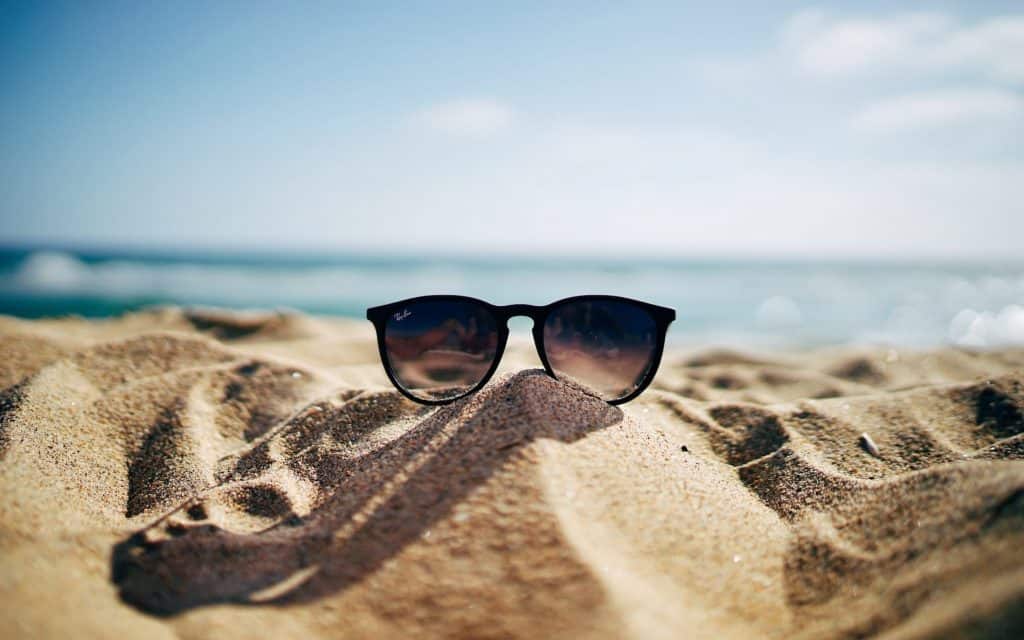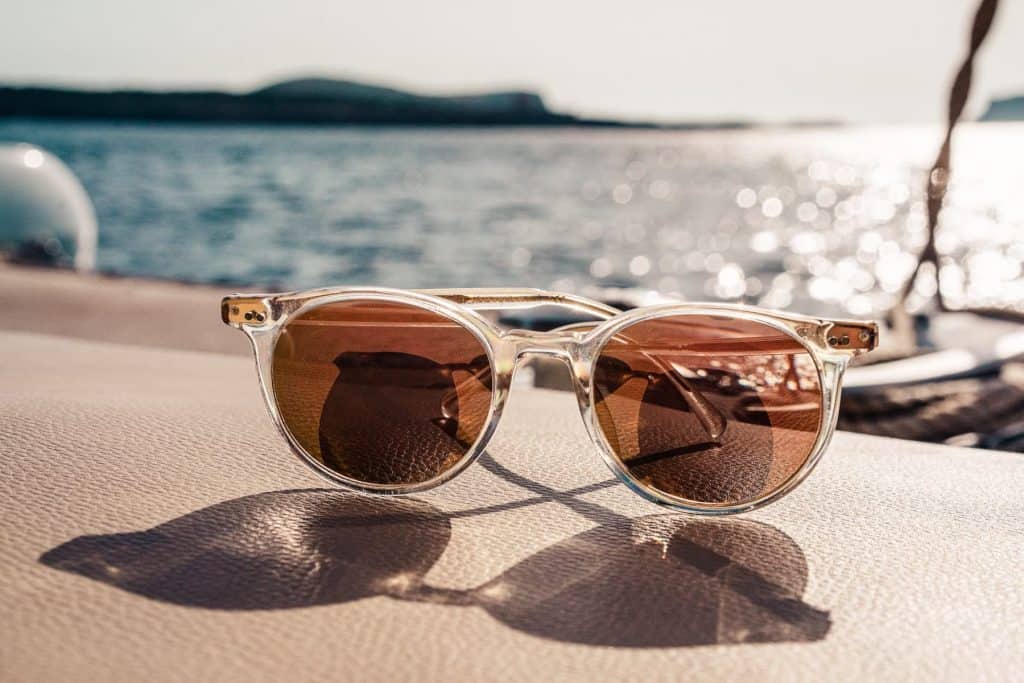Sunglasses aren’t only essential for protecting your eyes from UV rays, like jewelry, they’re also an easy way to accessorize your outfits and take your style to the next level.
The quality of sunglasses available varies significantly. Designer sunglasses by the likes of Chanel, Dior, and Gucci will set you back a few hundred dollars while similar-looking knock-offs can be found on the street for a couple of bucks. Non-designer sunglasses abound at almost every clothing store while gas stations and department stores tend to sell polarized lenses, more about eye protection than fashion.
So, if you can spend around $5 on a pair of sunnies that will sufficiently protect your eyes, is it really worth spending $200-300 on designer sunglasses? Let’s explore the pros and cons.

Pros
1. Fashion Statement
The number 1 reason people typically want designer lenses is to make a statement and gain some street cred with their friends. Different social groups desire different designer brands to ‘fit in’. For teens, it’s usually Ray Bans and Guess, while white-collar workers tend to go for brands like Dior, Chanel, or Tommy Hilfiger.
Designer sunglasses usually have a wider range of frame designs and even different colored lenses, so they definitely have a fashion element.

2. Prescription Lenses
If you’re already paying for prescription sunglass lenses, designer frames don’t usually cost too much more when purchased from your optometrist. Most high-end designers, like Gucci, Prada, and Dolce & Gabana, provide frames to most optometrists to add prescription lenses.
3. Higher Quality
Designer brands tend to use higher quality plastic, lenses, and springs in their sunglasses. This is largely due to the need to insert prescription lenses; the frames need to be durable enough for the standard lenses to be replaced. Both lenses and frames are typically more scratch resistant than cheaper sunglasses too.
4. More Likely to have UV Protection
UV rays are a leading cause of cataracts, so buying specs with adequate UV protection is pretty important. While some cheap sunglasses have UV protection and some designer sunglasses don’t, the level of UV protection available in designer options is usually higher.
There are 2 types of UV light, UVA and UVB rays, with UVB being most dangerous to eyes and skin. Designer sunglasses are more likely to have the recommended UV ratings of at least 60% UVA and 70% UVB. You can usually opt to have additional lens coatings and protections added to your lenses too, which isn’t available for cheaper, department store brands.

5. Likely to Come with a Warranty
Depending on where you purchase your designer sunglasses, they will probably come with a 1 or 2-year warranty. Some brands even offer a lifetime warranty that includes lens and frame repairs and replacements. Most warranties don’t cover damage caused by pets, vehicles, or general neglect, but it’s still good to have.
Cons
1. Price tag
The most obvious drawback of designer sunglasses is their hefty price tag. You can find yourself paying around 20 times more for designer glasses compared to those in department stores and gas stations.
2. Not All Designer Sunglasses are Polarized
When buying designer sunglasses from an optometrist, they usually come with sufficient UV ray protection, but when purchasing directly from designer fashion stores or other high-end department stores, check the lenses are polarized. It’s not uncommon for brands to offer 2 options for each frame – 1 polarized at a higher price, and 1 not polarized for less.

3. Easy to Lose and Damage
Just because your super specs are designer doesn’t mean you’re less likely to lose or damage them. If you’re someone who tends misplace your sunglasses, throw them in the bottom of your bag, or leave them on the couch to be sat on, you may want to rethink spending your hard-earned cash on designer frames.
The longevity of your sunglasses ultimately depends on how well you care for them. The plus side is that designer sunnies always come with a case. If you’re disciplined enough to keep them in the case when you’re not wearing them, your beloved glasses are less likely to get damaged or lost.